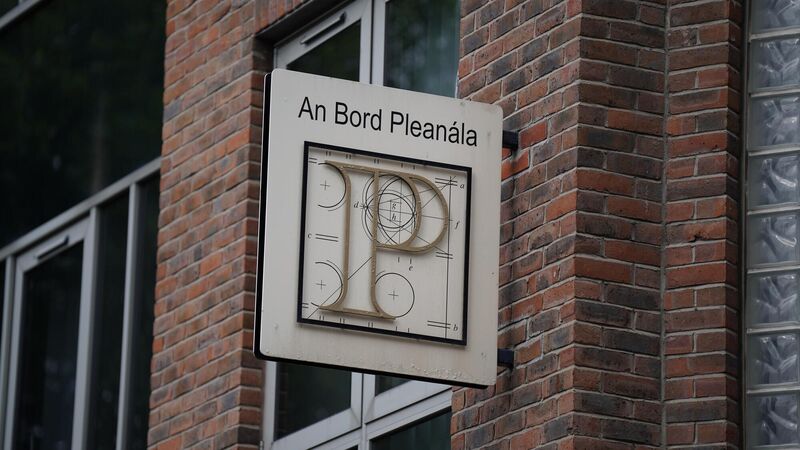Explainer: What is the planning bill and why is it controversial?

Changes within the new laws include at An Bord Pleanála, which will be restructured into a new body known as An Coimisiún Pleanála (ACP). File photo
A final vote on the Government’s mammoth planning bill is due to take place this evening.
The legislation, which will consolidate Irish planning law into one bill, is the third largest in the history of the State.
But what exactly does the bill change with our existing laws and how has it proven controversial over the past year?
The Planning and Development Bill 2023 aims to more closely align planning policy with Government directives. This means that a national planning policy will supersede a regional planning policy, which subsequently takes precedence over local planning policies.
The overall national planning policy will be set out directly by the Housing Minister and agreed by Government.
Changes within the new laws include at An Bord Pleanála, which will be restructured into a new body known as An Coimisiún Pleanála (ACP).
It will remain as the State-level planning authority, but will have the existing board system dissolved and replaced with a system that separates decision-making roles from corporate positions.
A new Chief Planning Officer will be appointed to ACP, alongside 14 other planning commissioners. This will replace the existing chair and board structure of An Bord Pleanála, while a new executive will lead the governance of ACP.
A new system of mandatory, statutory timelines for planning decisions will also be introduced, depending on the planning authority. For example, ACP must make decisions and adjudicate on appeals within 18 to 48 weeks.
If these deadlines are not met, planning authorities will face escalating penalties. These range from an agreed extension, to fines and to a review of the planning authority in question.
Under the new legislation, objections and observations on planning applications will still be possible.
However, there are significant changes to how judicial reviews will operate for planning decisions, meaning that all available appeal procedures must be taken first before a review can be filed with the courts.
This means that a person must first launch an appeal with the planning authority, before seeking a judicial review.
There are further restrictions being placed on residents associations taking judicial reviews. This will require a residents association to be constituted and have two-thirds of its members agreed to launch legal action.
There has been significant criticism of the bill in recent days, particularly from environmental groups over what they say will allow for the “fast-tracking” of liquefied natural gas (LNG) storage facilities through planning.
This comes from an amendment proposed by the Government which would set out LNG projects as strategic infrastructure developments.
The Government has rejected these assertions, saying that they are misleading and that it would only allow for a State-owned offshore gas reserve as a back-up. This is required, they say, in case of interruption of gas supplies from the UK.
The Green Party has insisted that this would not allow for commercial LNG terminals, and that any facility would be temporary and not contain fracked gas from the US.
There has also been criticism from Sinn Féin over what they describe as an attempt to ram the legislation through the Dáil, with 175 pages of amendments set to be debated for just three hours.













